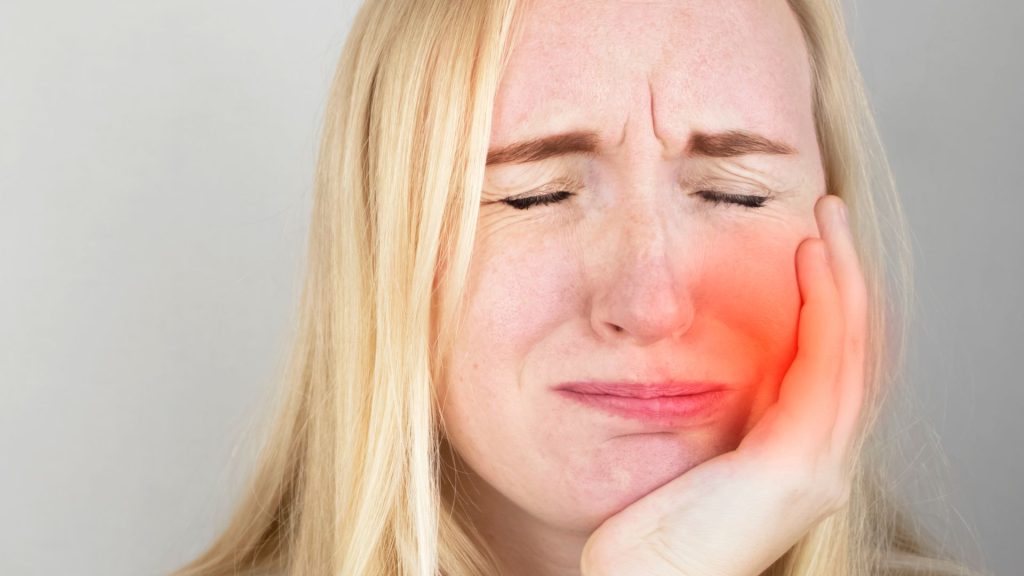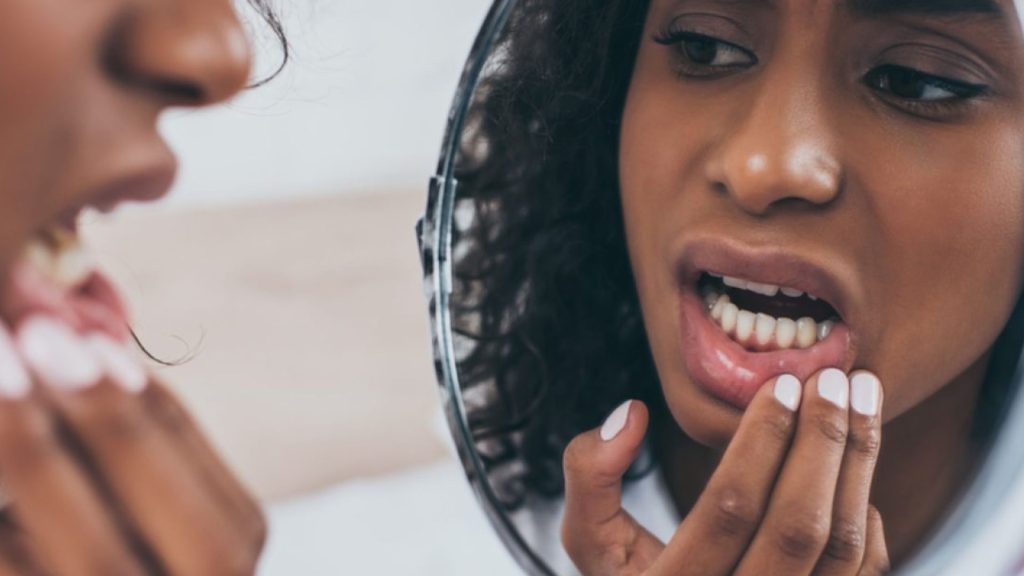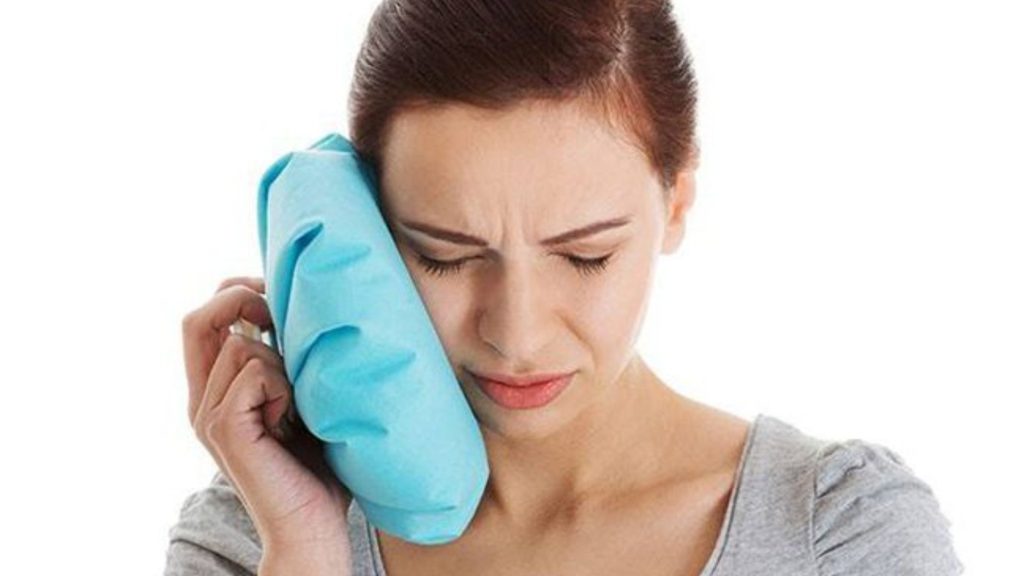Do fillings hurt? Yes, fillings may hurt for hours afterward. But don’t worry, this is transient and typically not a problem. However, if the discomfort continues, you should visit the local dental facility for an examination and specialized guidance.
Read on to find out about reasons, pain reduction, and pre-and post-fillings.
Introduction To Dental Filling


Fillings repair gaps and fissures in teeth to restore worn or damaged tooth surfaces. Dental specialists or dentists with extensive training and skill often carry out this procedure.
- First, the dental hygienist will clean the teeth and remove plaque and rust.
- After that, the dentist will fix and hollow the tooth using dental equipment.
- Next, your dentist will shape and place fillings.
- After the material solidifies, the dentist will examine for gaps and completeness.
In summary, fillings are a popular and successful dental repair procedure that prevents dental diseases and improves oral health.
Do Fillings Hurt?


Yes, many people feel discomfort during filling. However, the level of tooth damage, your health, your dentist’s ability, and how the filling is done all affect pain and discomfort. But, after the filling, the pain and discomfort normally go away.
Before filling, the dentist will clean and prepare the tooth surface using instruments. It may be uncomfortable or painful, but it’s nothing to worry about. After preparing the tooth surface, the dentist will place and shape fillings. Pressure and soreness are not toothaches.
However, sensitive teeth and gingivitis may make fillings more painful. In this scenario, the dentist will numb the area before filling it.
Overall, the filling might be uncomfortable but not terrifying. Dentists can safely and successfully fill cavities.
Do Dental Fillings Hurt Last?


No, you should see a dentist if the discomfort continues after filling.
After fillings, toothache and pain might last for hours or days. However, if the pain lasts longer than 2-3 days or worsens, it may be an indication of a more severe issue such as an infection or a fractured tooth.
So, if you have this disease, see your dentist right away. Your dentist can diagnose and treat your toothache using many tests and scans.
What Causes Pain When Filling Teeth?
Fillings are frequent and fix cavities and fractured teeth. However, patients often experience pain while filling their teeth. This discomfort may occur immediately or shortly after filling. Filling a tooth might cause nerve damage, infection, or discomfort.
Tooth Sensitivity Hurts Filling
Tooth sensitivity and discomfort may result from fillings. After-filling nerve irritation and inflammation cause tooth sensitivity and discomfort.
The enamel layer shields the nerve from exposure, but fillings, particularly deep ones, may penetrate near the nerve and cause sensitivity and toothache. The poor filling technique may also cause dental sensitivity and discomfort.
Also, tooth sensitivity and soreness following filling are prevalent. Uncleaned germs in the filling or poor oral hygiene after filling cause this illness.
Thus, patients should clean their teeth, find a good dentist, and use the correct fillings to reduce tooth sensitivity and discomfort following fillings.
Filling Material Allergy
Dental filling allergy is prevalent. Allergies may cause toothache, puffiness, biting discomfort, and more. It may occur with gold and amalgam fillings. Composite fillings may restore chipped, fractured, or worn teeth since they are flexible and hypoallergenic.
Although rare, allergic reactions to dental fillings may have serious effects. A US research found that 1% of people had filling allergies, with women being more affected than males.
Therefore, it’s crucial to screen for filling material allergies before usage to prevent adverse effects. Dentists should advise patients to track symptoms and seek medical attention.
Damaged Gums Or Tooth Roots
Dental devices may injure the tongue or gums. Filling pressure may cause tooth damage. To avoid future difficulties, dental care must be sought immediately after such injuries or trauma. Dental filling injuries may cause gum recession or tooth discomfort.
Gingival recession, also known as gum recession, occurs when the gum tissue around the tooth wears away, exposing more of the tooth or root. This increases tooth sensitivity and tooth decay risk. Untreated gum recession may cause periodontitis.
For correct diagnosis and treatment of gum recession, consult a dentist immediately. Scaling and root planing, gum graft surgery, or mouthguards may be used to protect teeth and gums.
Overall, dental filling injuries should be treated immediately. Also, oral hygiene and dental checkups may avoid problems and improve oral health.
Pulpit Inflammation
Before filling, the dentist must remove diseased and necrotic pulp. If the condition is not totally treated, this discomfort might occur after filling. After a few days, this soreness will go gone.
Thus, early treatment of pulp infection is crucial to prevent discomfort while filling a tooth. A physician will diagnose and treat the condition.
How to Reduce Filling Pain?


A filling fixes tooth issues including decay, fracture, and loss. However, many patients feel discomfort and sensitivity in the filled tooth region following the filling. Simple strategies to reduce discomfort and conquer this condition:
- Take an OTC painkiller like acetaminophen or ibuprofen.
- After fillings, use ibuprofen to minimize discomfort and swelling.
- The Journal of the American Dental Association recommends avoiding hot, cold, and acidic foods for 2 days. Instead, consume warm, soft things like oatmeal or soup.
- To ease discomfort, apply ice to the cheek outside the tooth filling for 10 minutes, 3-5 times a day. Replace the ice after usage.
- Also, clove oil relieves discomfort for 30 minutes when chewed.
In summary, the foregoing treatments lessen post-filling discomfort and let you resume regular activities quickly. If the discomfort and sensitivity persist after 2-3 days, see your dentist.
Filling Teeth Notes
If you’re considering fillings, there are a few things to remember before and after to ensure the filling lasts and your teeth stay healthy.
Pre-filling considerations?
Dental fillings are widespread. However, there are a few things to consider before filling to guarantee that it is effective and safe for health.
- For dental decay, space, and minor chipping, filling takes 15-20 minutes. However, you must see the dentist for 2-3 consultations if your tooth is extremely deteriorated or requires root canal therapy before filling.
- Before filling your teeth, avoid chewing gum, jams, seeds, carrots, potatoes, and other hard foods that might harm decaying teeth and make treatment harder. To ensure the seal has formed and adhered to the tooth, avoid chewing for 2 hours after filling.
- Also, if you feel discomfort when filling your teeth, call the dentist immediately.
In summary, avoid chewing for 2 hours after filling and restrict hard meals before filling. Tell your doctor about any pain.
After-filling Dental Care
After filling, regular dental hygiene will assist gums and fillings stay healthy and prevent future fillings and stains. Care for your teeth after fillings:
- Brushing and flossing daily after meals: This behavior keeps gums and fillings healthy and reduces the need for fillings.
- To avoid further damage to the filled tooth, use a toothbrush with softer bristles.
- Also, use dental floss to prevent harming the filled tooth.
- Avoid hard, chewy, and heated meals, which might damage your teeth.
- Limit sweets and soft drinks: These foods can cause damage to your teeth, especially carbonated soft drinks and coffee.
Share Filling Patients’ Sentiments
Spring Orchid dental practice welcomed 42-year-old Ms. Huong had lovely teeth, but she had to fill them after she found cavities owing to neglecting dental hygiene.
- For the first time, Ms. Huong said she was worried and terrified since she didn’t know whether the treatment would be unpleasant or have long-term implications. However, she discovered that filling was painless and a straightforward remedy.
- After filling, Ms. Huong’s teeth are smoother and more even. She also learned the importance of dental hygiene and how to maintain it.
Overall, the fillings helped Ms. Huong tell the dentist that she feels better dental health and a more attractive smile and that good oral care is extremely essential. She will continue this habit to preserve her oral health.
Conclusion


Many people avoid getting fillings because of the associated discomfort and high price tag. However, fillings are often not so painful that they should cause fear. The article’s advice and experiences should boost your filling confidence.
Spring Orchid dental clinic in Bassendean is a fantastic place to do dental filling and restorative dentistry services. The dentists at Spring Orchid Dental facility are highly trained professionals, and the facility itself is state-of-the-art. The specialists here always make fillings and tooth restoration comfortable and painless.
So, trust Spring Orchid Dental’s service. Experienced dentists will guide you through the finest dental treatment approach. Book an appointment now for a bright smile and healthy teeth!
FAQs
Do Fillings Hurt During Menstruation?
During menstruation, filling or repairing teeth might hurt, according to research. This is related to changes in estrogen and progesterone levels, which impact nerve sensitivity in the teeth and gums.
However, not all women during menstruation will suffer discomfort while filling their teeth.
In the end, tell your dentist if you’re on your period and getting a filling. Avoid discomfort by limiting over-the-counter painkillers and seeing the dentist after your period.
Are Dental Fillings Dangerous?
Fillings are a common therapy for cavities and open roots. However, dental fillings may cause injury.
Adjacent teeth may be harmed by fillings, which is a drawback. Decay-causing fillings may induce tooth decay anew. Because the rough filling allows food to cling and germs to enter and cause tooth decay, this problem occurs. Additionally, the collision during filling might harm adjoining teeth.
However, if administered appropriately and by trained specialists, fillings are still an effective and safe dental therapy. Doctors and dentists may advise you on fillings.





